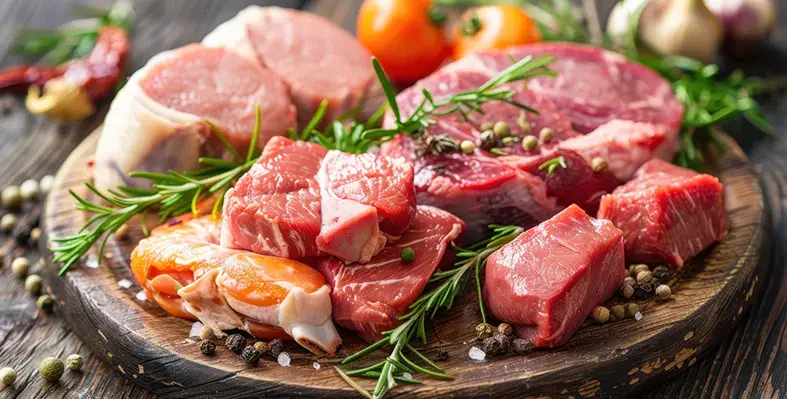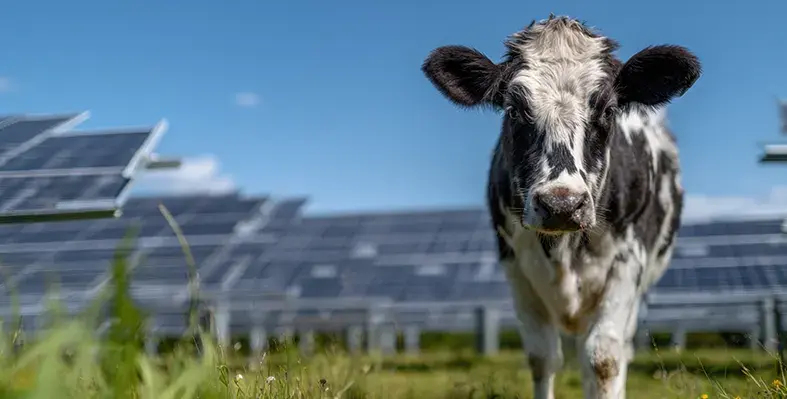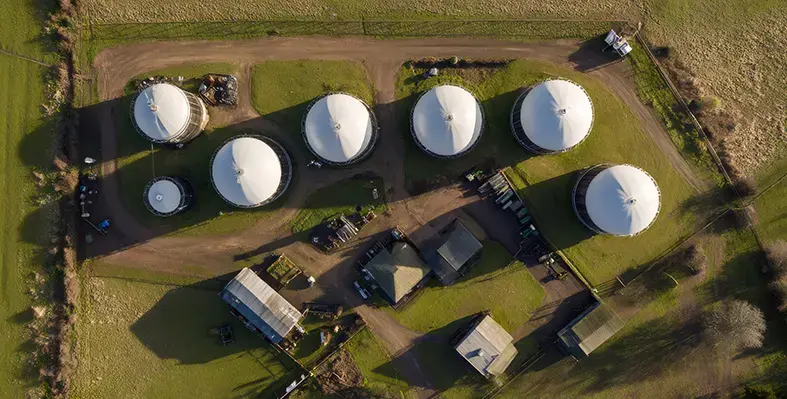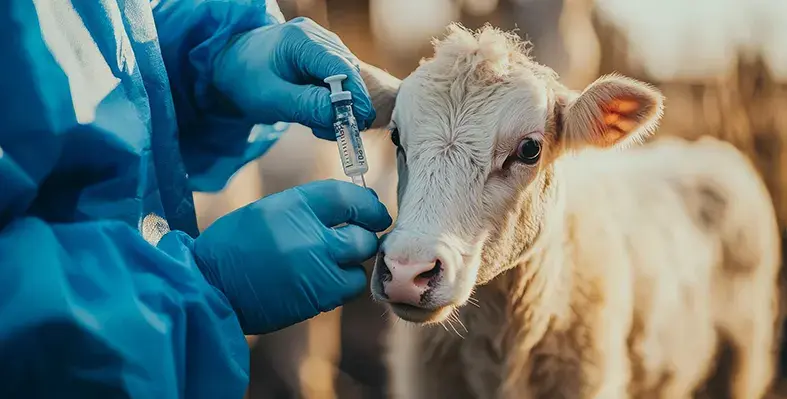Namibian beef is celebrated worldwide for its exceptional quality, known for being free-range, grass-fed, and sustainably raised across the country’s expansive natural farmlands
From this Saturday, Namibian rumpsteak will be featured as a monthly special at Block House steak restaurants, a well-known chain with 42 locations across Germany.
Namibia holds the unique position as the only African nation authorised to export beef to both the United States and Europe, highlighting the country’s high production standards and strong international reputation.
After two and a half years of preparation, premium Namibian beef has been introduced more widely in Germany through a new agreement with Eugen Block Holding GmbH, one of Germany’s leading owner-managed hospitality companies. This group currently runs 47 Block House steakhouses across the country, alongside several Jim Block burger outlets.
This partnership offers German diners an authentic farm-to-table experience, showcasing Namibia’s rich agricultural tradition and dedication to quality.
According to the Namibia Investment Promotion and Development Board (NIPDB), the agreement marks the successful culmination of efforts to establish a reliable supply of Namibian beef in Germany. This collaboration involved Namibian beef producers, South Trade GmbH, and Eugen Block Holding GmbH, with NIPDB playing a key role as facilitator alongside important stakeholders.
The introduction of Namibian beef in Block House restaurants fits well with NIPDB’s goal to promote Namibian products globally, emphasising Namibia as a producer of trusted, safe, and premium-quality food.
By securing partnerships with major hospitality brands like Block House, Namibia continues to highlight its premium export products while supporting sustainable growth for local farmers, processors, and exporters.
“Namibian beef stands out not only for its quality, but for the values behind it – being free-range, grass-fed, high animal welfare factors and sustainably produced. We are proud to have helped bring this exceptional product to one of Europe’s most respected restaurant groups,” said Valentin Külbs, managing director of South Trade GmbH.
“We are always looking to offer our guests something special,” said Markus Gutendorff, CEO of Block House Restaurantbetriebe AG.
“Namibian beef brings both quality and a compelling story of origin. It’s a perfect fit for our brand and our customers,” he added.









